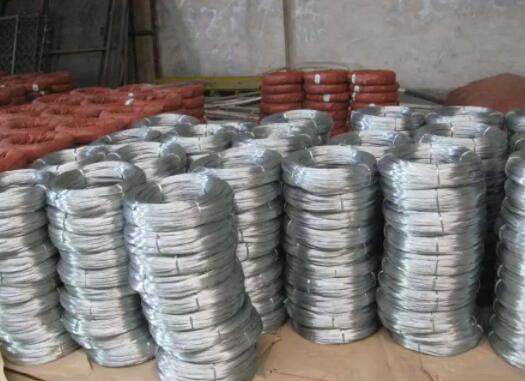Understanding Welded Mesh Prices Factors and Insights
Welded mesh, also known as welded wire mesh, is an essential product utilized across various industries, including construction, agriculture, manufacturing, and landscaping. Its versatility and strength make it a popular choice for countless applications, from reinforcing concrete to fencing and safety barriers. However, one crucial aspect that both buyers and suppliers need to consider is the price of welded mesh. Understanding the variables that influence welded mesh prices can help make informed purchasing decisions.
The Basics of Welded Mesh
Welded mesh consists of a grid of wires that are welded together at the intersections. This creates a robust structure able to withstand significant loads. The most common materials used for welded mesh include steel, stainless steel, and galvanized wire. The manufacturing process involves precise measurements and high-quality welding techniques, which contribute to the overall durability and strength.
Key Factors Influencing Welded Mesh Prices
1. Material Type The cost of the raw materials significantly affects the price of welded mesh. Stainless steel, for example, is generally more expensive than regular carbon steel due to its resistance to corrosion and higher tensile strength. Galvanized welded mesh, which is coated for added protection against rust and corrosion, falls somewhere in between. The choice of material should align with the project's needs and budget.
2. Mesh Size and Wire Diameter The size of the mesh openings and the diameter of the wire play a crucial role in determining the price. Standard sizes typically cost less, while custom sizes may involve additional expenses. Thicker wires also tend to increase the cost due to the higher material usage. It's essential to balance the requirements of the project with the associated costs.
3. Manufacturing Process The method used to create the welded mesh can also impact pricing. Automated production processes can lower costs due to efficiency, while hand-welded options may be more expensive due to labor intensity. The level of customization required—such as cutting, bending, or additional coatings—can further influence the price.
4. Market Demand and Supply Like any commodity, the price of welded mesh can fluctuate based on market demand and supply. Economic factors, seasonal variances in construction activity, and changes in the manufacturing sector can all contribute to shifts in pricing. During periods of high demand, prices may rise, while a surplus of supply can lead to decreased costs.
weld mesh price

5. Transportation and Logistics The location of the buyer and supplier can affect the final cost due to transportation expenses. For instance, purchasing welded mesh from a distant manufacturer may incur shipping fees that contribute to the overall price. Local suppliers may offer better rates in this regard, making it economical for buyers to consider regional options.
Making Informed Purchasing Decisions
When it comes to purchasing welded mesh, it’s essential to assess your project requirements accurately. A thorough understanding of the factors influencing price allows for better budgeting and planning. Here are some tips for ensuring you get the best value
- Compare Suppliers Reach out to multiple suppliers to obtain quotes. Make sure to compare not only the prices but also the quality of the products offered.
- Consider Bulk Purchases If your project volume is large, inquire about bulk purchase discounts. Many suppliers offer lower prices for larger orders, which can significantly reduce overall costs.
- Quality Assurance Opting for the lowest price might be tempting, but it’s crucial to consider the quality of the welded mesh. Ensure that the product meets industry standards and is suitable for your specific application.
- Consult Experts If you are unsure about what type of welded mesh you need, consider consulting industry experts. They can provide advice based on experience and help you make informed decisions that fit both your needs and budget.
Conclusion
The price of welded mesh is influenced by multiple factors, including material type, mesh size, manufacturing process, market conditions, and logistics. By understanding these elements, buyers can make informed decisions that balance cost with the quality and suitability of the product for their specific projects. Whether for construction, agricultural use, or industrial applications, investing time in understanding welded mesh pricing can lead to better outcomes and savings in the long run.

















